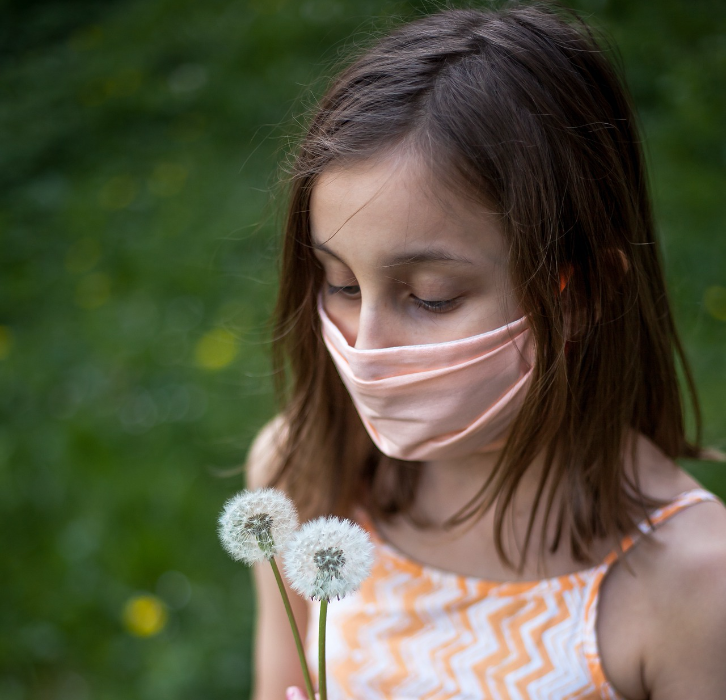Seriously…I don’t get it
In the midst of the coronavirus pandemic, some parents have asked ATN, “Why is my child so well-behaved?” They are parenting a child impacted by early trauma, and their experience has been that change often heightens the child’s reactive behaviors (more anger, acting-out, raging, withdrawal, etc.) Yet some parents report that their children seem “strangely calm.” Since we know that behavior is communication, we have to wonder, what does this behavior communicate?
Here are two hypotheses of why children who often struggle due to early childhood trauma might be “more calm than normal” in our current stay-at-home situation. I offer these from an experienced, trauma-informed, parent-to-parent perspective.
It’s a pandemic…but your child may feel safer
Trauma can affect children’s ability to regulate themselves. This means they often feel “out of control” in highly stimulating environments. School may have made them feel more overwhelmed and fearful than you knew. Often new parents of children impacted by trauma are advised to “make the child’s world small” for just this reason. It gives the child structure, security, and an opportunity to build a stronger connection with the parents and family.
If sheltering in place due to the pandemic has reduced your child’s feelings of overwhelm, you may be seeing a true calming of the child’s nervous system. The child’s behaviors reflect this. You may even feel a deepening sense of connection with lots of opportunity to build a healthy attachment. If this is so, let your child’s need for this “smaller” world guide your decisions as your family re-integrates into the world post-quarantine. Maybe less really is more.
Overwhelm may cause your child to shut down or fawn
Children with trauma histories often pick up the negative feelings of others in their world. Some in your household may have to work more essential shifts or make some hard decisions. Others may be coping with big emotions, such as grief for someone with the virus or economic struggles. Even children who usually show fight or flight as their reactions to trauma triggers, can shut down (freeze) if they get too overwhelmed. They understand that the adults in their family are stressed out. Depending on their past, that can be VERY scary, even triggering.
If they have never seen you this stressed, then their apparent calm could be a freeze reaction. It could also be fawning–trying to be overly helpful. Either way, this could be a survival-based behavior that you may not have seen before. If you suspect this is why your child is “being so good,” you need to create an opportunity for them to express their emotions, and really listen. You might also arrange for them to express their emotions to a counselor, therapist, or other trusted adult. Finally, try to keep the news-watching and distressing adult-level conversations about the pandemic to a minimum, especially around your child.
This sounds like my child…what now?
So, why is your child being so well-behaved during shelter-in-place? It’s a mystery that you’ll need to explore. You will need to step back and look at your current family situation objectively, including what other family members are communicating by their behavior. We should have intentionally curious responses to these behaviors and remain open to what’s going on underneath. We need to listen and affirm that because of the pandemic, we’re going through some very unusual times right now, and that we’re in it together, as a family. May strengthening our connection to our children be one of the truly positive gifts born of this challenging time.



